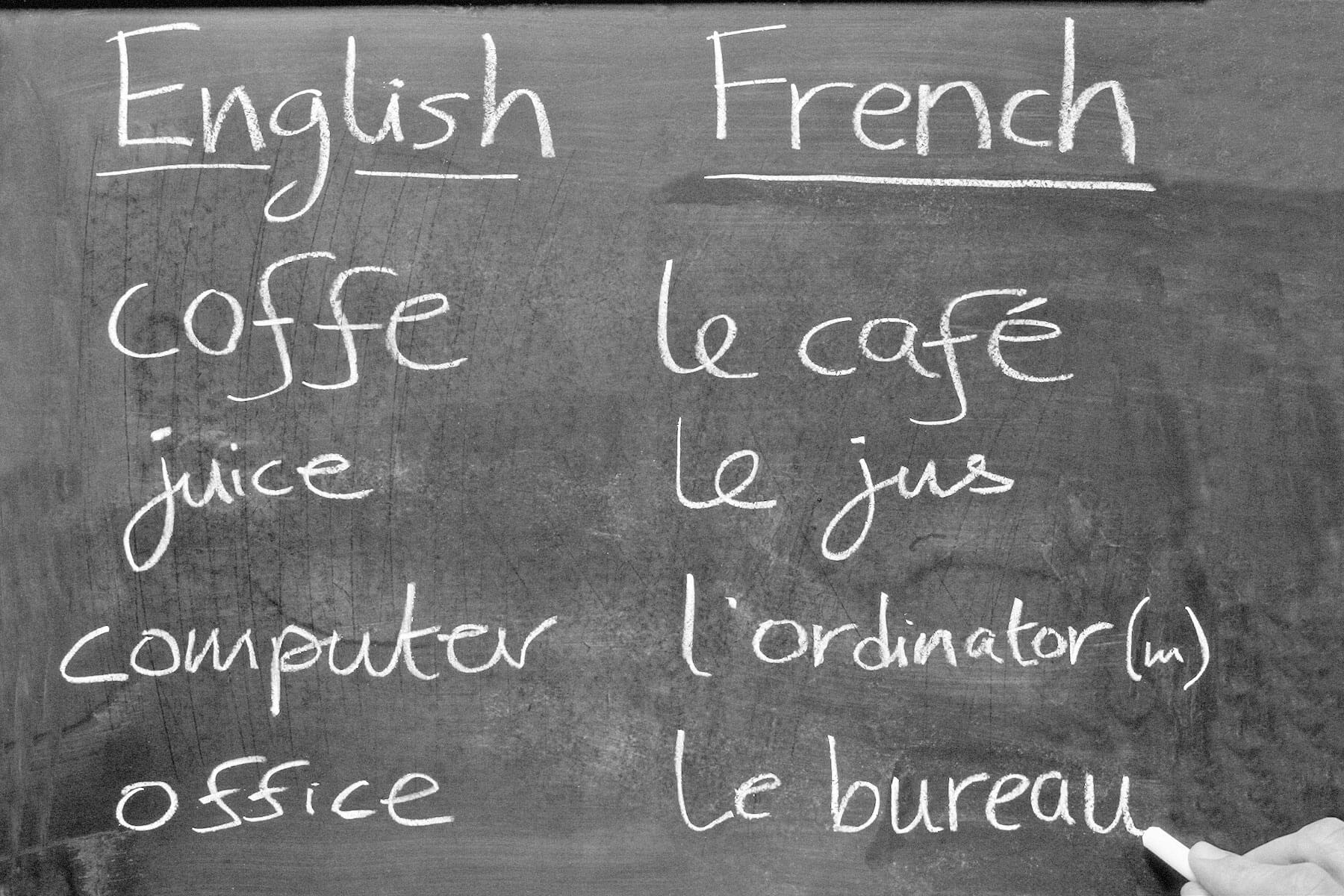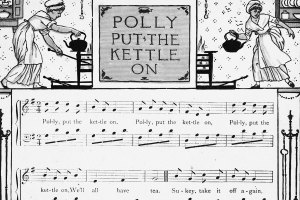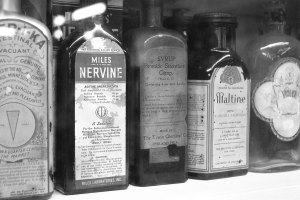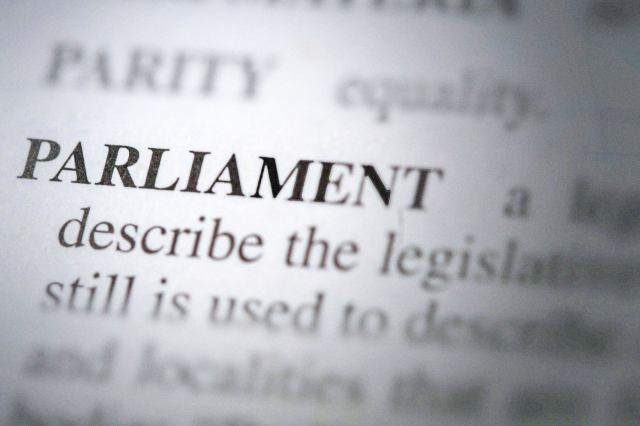English is one of the most predominant languages in the world, spoken by about 400 million people as their native tongue and by more than a billion others as a second language. Shaped by various linguistic influences over many centuries, English traces all the way back to the Proto-Indo-European language, which linguists believe originated in Eurasia around 4500 to 2500 BCE. It evolved into the Old English spoken by the Germanic tribes of Northern Europe, and transformed after the Norman Conquest of England — one of the most significant turning points in the evolution of the English language. While the Germanic languages remain foundational elements of English, the French influence is surprisingly strong. Here’s how so many French words found their way into the modern English language — making French one of the easiest languages for an English speaker to learn on platforms such as Babbel.

The Norman Conquest
On October 14, 1066, William I of Normandy — known to history as William the Conqueror — invaded and defeated England in the Battle of Hastings. The Normans introduced a new ruling class; William was crowned king of England on December 25, 1066, and Norman nobility replaced King Harold II’s Anglo-Saxon aristocracy. The takeover marked the beginning of Norman rule and a major shift in English society — including its language.
The Normans, who were of Viking descent but had settled in the Normandy region of France, spoke Old Norman (a dialect of Old French), which largely derived from Latin. Following William’s conquest, and for the next 300 years, Old French — at that point known in England as Anglo-Norman — became the primary language spoken by English monarchs, elites, and government officials. Latin was also used, typically by the church and intellectuals, and it served as the primary language of written record. English, however, remained the primary language of everyday people, and over time, it started to become infused with the language of their rulers.




















